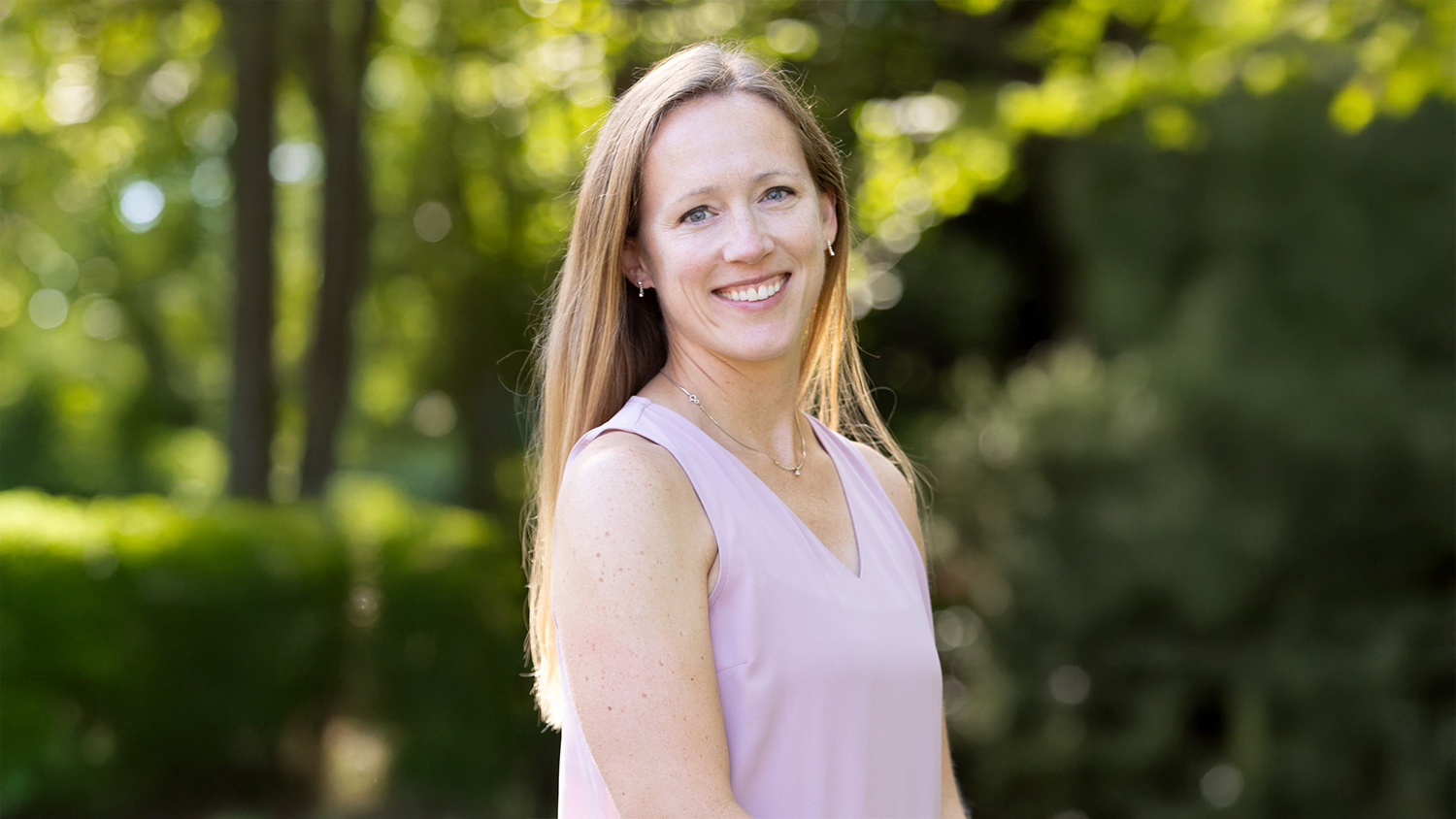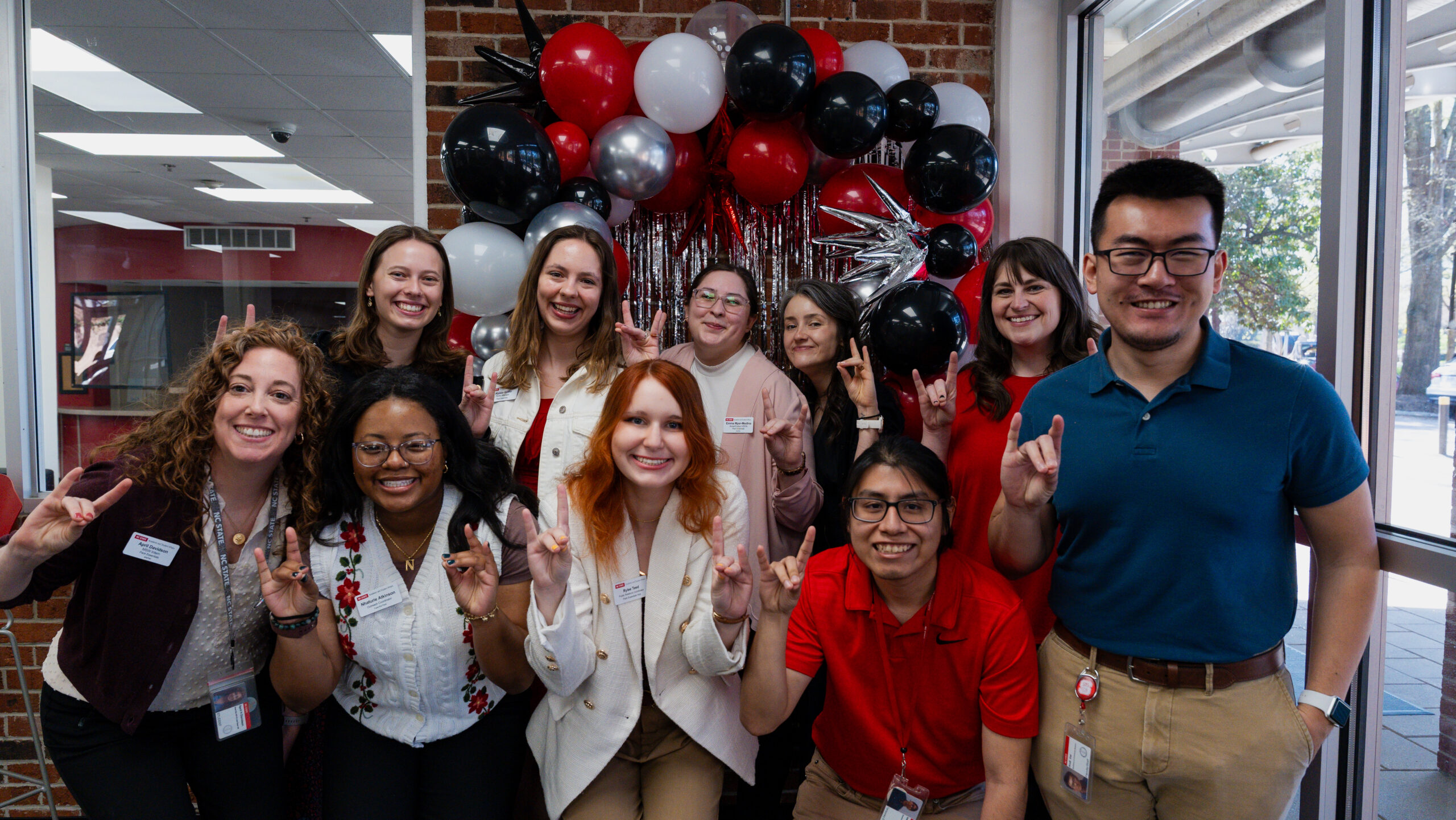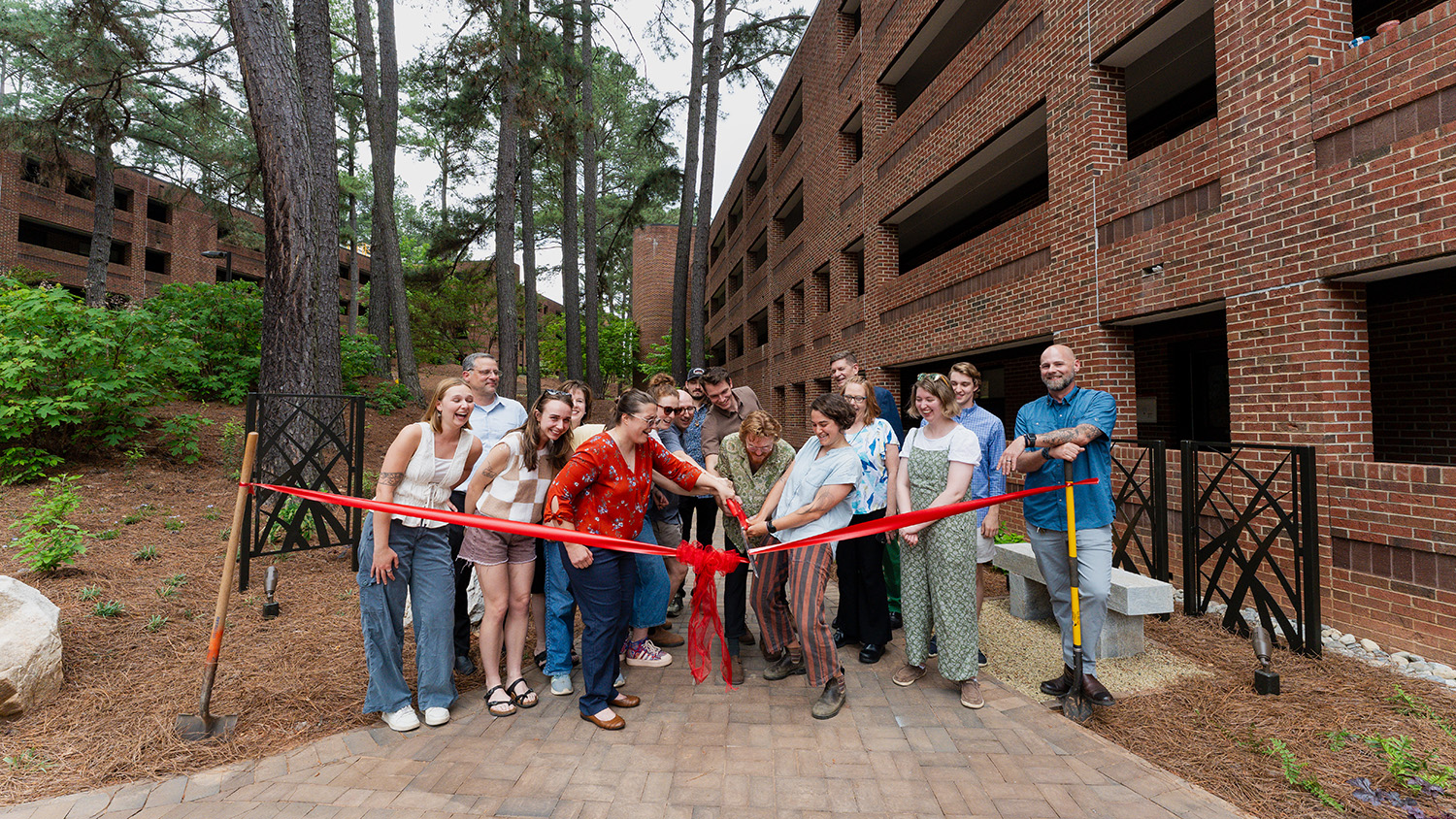Student Profile: Rachel Coffman
Orientation provides leadership development opportunities for undergraduate and graduate students. Student Coordinators build upon the knowledge and skills they gained as Orientation Leaders to take their leadership and professional experience to the next level.
Rachel Coffman
Student Coordinator
Junior; Mathematics and Math Education
When did you begin working with New Student Programs?
I worked as an Orientation Leader for summer 2014 and was rehired as a Student Coordinator for 2015.
How have you been personally and professionally impacted by your experiences with New Student Programs?
New Student Programs has opened my eyes to the diversity of NC State in its students, majors and academic programs, enriching extracurricular experiences, and organizations. It has taught me the importance of each individual’s timeliness, flexibility, strengths, and attitude when working on a team, and it has shown me how to effectively work with and mentor people who are different from me.
How will your experiences as an Orientation Leader/Student Coordinator help you in the future?
As an Orientation Leader, I built confidence in my public speaking skills and my ability to lead a group of people, something that immediately transferred to my role as a Resident Mentor on campus this year, and something that will continue to help me in my future as a teacher. As a Student Coordinator, I am gaining experience supervising my peers, a unique opportunity that will be both challenging and rewarding. I’m going to be put in some situations where I might make a call that is not necessarily popular among the Orientation Leaders. This level of responsibility will give me valuable leadership experience both for the rest of my career at NC State and for my future in teaching.
What is the most important thing to keep in mind when supporting incoming students?
Everyone is coming from a different background. There is not one “cookie-cutter” way to address the questions and concerns of incoming students because everyone has different needs. The most important thing to do is listen attentively and be genuine; students need to build trust with you if they are going to lean on you for support, and they can tell when you’re not being authentic. It’s also okay to admit when you don’t know the answer to a question–lean on other members of your team or professional staff to ensure that you answer a question correctly and help students and family members succeed!
What piece of advice would you share with incoming students?
Take advantage of the resources available to you at NC State! Everyone hits a bump in the road, whether academically or personally, during the transition to college, and a lot of people (including myself) don’t like to admit when they need help. Students who take advantage of the resources at hand, whether it is the University Tutorial Center, the Counseling Center, professor office hours, the GLBT Center, the Career Development Center, etc, are much more successful through this transition.
What is your favorite part of orientation or favorite memory?
I loved the small ways in which I could help ease the nerves of students, whether that was answering their questions, showing them how to navigate campus, or simply learning their names and giving them their first personal connection to student life at NC State. One of my favorite things to do was work in the registration labs, where students were enrolling for classes. Though students received academic advising from their college advisors, a student could come to me stressed out about the proximity of their classes or the chaos of their schedule as a whole, and I could walk through it with them day-by-day, showing them opportunities to grab lunch or study during a break. It was refreshing to see the reassurance on their faces and the positive change in their outlook toward their upcoming semester at NC State.
- Categories:


